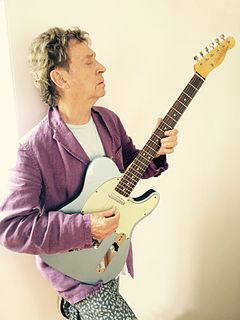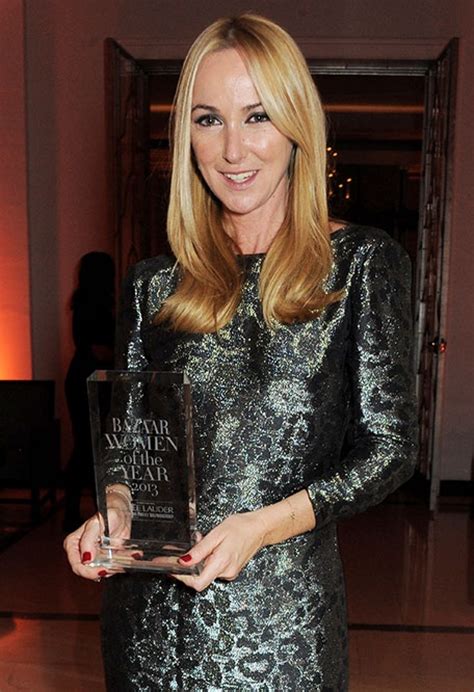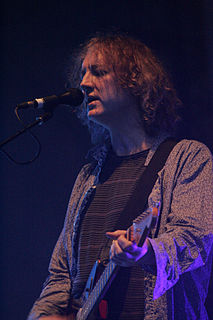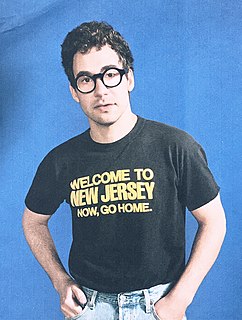A Quote by Veronica Vasicka
Being the recent accessibility of rare vinyl and cassette music via blogs, as well as the digital backlash which is driving more people to crave the tangible - most of these minimal wave releases are hand-numbered vinyl editions, which adds another level to the listening experience. They can listen to an LP and it's there for them to look at, examine its cover art, and hold whilst buying and downloading music in digital form remains such an ephemeral experience.
Quote Topics
Accessibility
Adds
Another
Art
Backlash
Being
Blogs
Buying
Cassette
Cover
Crave
Digital
Downloading
Downloading Music
Driving
Ephemeral
Examine
Experience
Form
Hand
Hold
Level
Listen
Listening
Look
Minimal
More
More People
Most
Music
Numbered
People
Rare
Recent
Remains
Tangible
Them
Via
Vinyl
Wave
Well
Which
Whilst
Related Quotes
A lot of people that buy vinyl today don’t realise that they’re listening to CD masters on vinyl and that’s because the record companies have figured out that people want vinyl, And they're only making CD masters in digital, so all the new products that come out on vinyl are actually CDs on vinyl, which is really nothing but a fashion statement.
The history of the music industry is inevitably also the story of the development of
technology. From the player piano to the vinyl disc, from reel-to-reel tape to the cassette, from the CD to the digital download, these formats and devices changed not only the way music was consumed, but the very way artists created it.
The history of the music industry is inevitably also the story of the development of technology. From the player piano to the vinyl disc, from reel-to-reel tape to the cassette, from the CD to the digital download, these formats and devices changed not only the way music was consumed, but the very way artists created it.
I inherited this collection of vinyl records, which at that time numbered 6,000, and I've since continued to collect music. As you know, vinyl records can be very heavy, so every time I have to move into a new house, I need to build a complete new wall of shelves to put all these records, which is a nightmare for the architect.
I've always been a fan of vinyl. There's something about the ritual of it. Something about it holds its gravity, for some reason. Sometimes you'll put on music and the music fades into the background. But when you take that vinyl out and put it down, the music becomes the conversation as opposed to being the soundtrack to it.





























